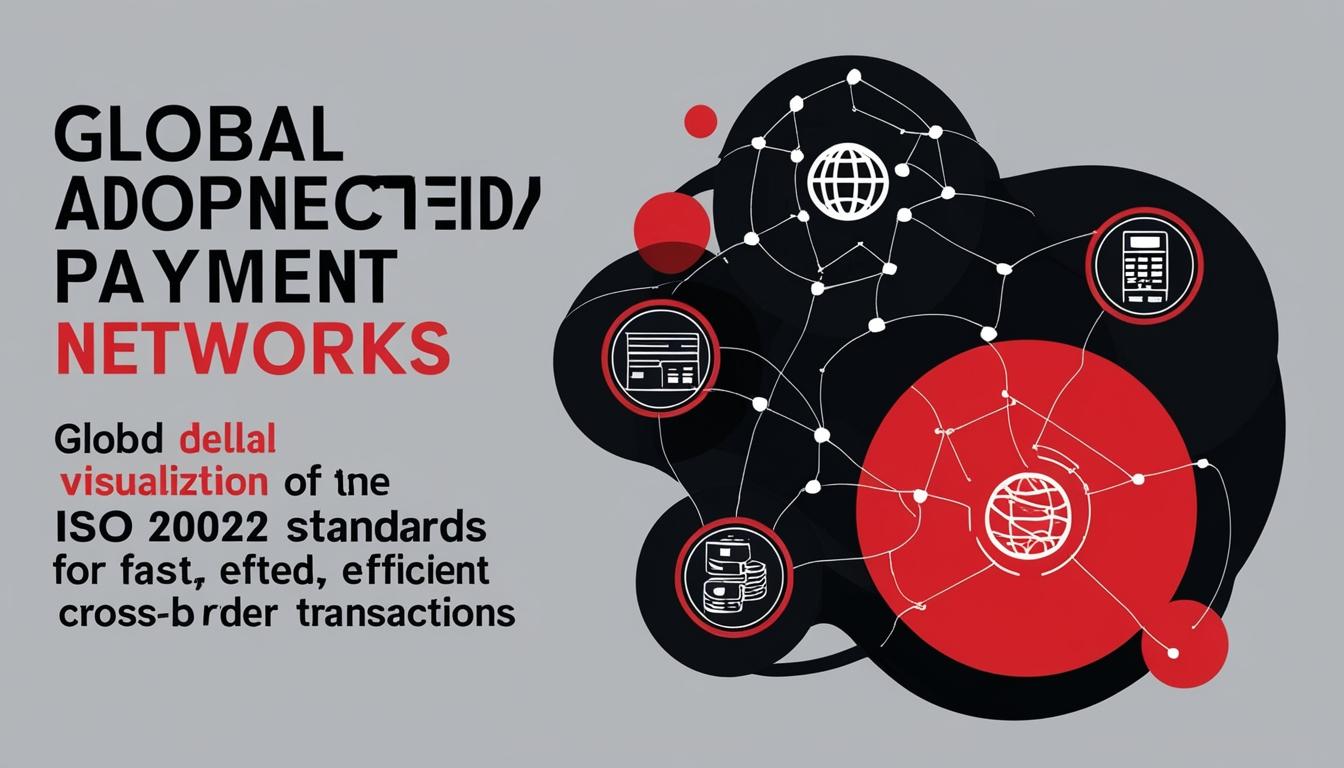The Bank for International Settlements (BIS) has outlined a series of initiatives aimed at facilitating the global adoption of its harmonized ISO 20022 data requirements, particularly for enhancing the processing of cross-border payments. The announcement was made public by the BIS Committee on Payments and Market Infrastructures (CPMI) in a press release dated January 7.
The committee's statement indicated that these moves are designed to provide clarity on the governance and maintenance of the ISO 20022 data requirements over the transition period to the new messaging standard. The release quoted the CPMI, stating, "This announcement should provide clarity to industry regarding the medium-term governance and maintenance of the harmonized data requirements during the period of global transition to the ISO 20022 messaging standard.”
To further encourage adoption, the CPMI has committed to maintaining the harmonized ISO 20022 data requirements until at least the end of 2027. As part of these efforts, the committee plans to establish a joint panel comprising members from the ISO 20022 global market practice groups and will facilitate semi-annual meetings beginning early this year. This initiative aims to bolster industry-led contributions towards developing market practice guidelines specific to cross-border fast payments.
The BIS has emphasised the importance of creating global ISO 20022 market practice guidelines for instant payments, suggesting that this development could significantly enhance the safety and efficiency of cross-border transactions. The release explained that “a way to make cross-border payments safe and efficient,” is through the establishment of such guidelines.
In addition to the guidelines, the CPMI intends to engage with payment system operators and service providers, urging them to adopt the harmonized data requirements by the 2027 deadline. The BIS has also previously highlighted the potential benefits of interlinking fast payment systems across various jurisdictions, stating that such integration could make cross-border payments more cost-effective, faster, more accessible, and transparent.
In a prior announcement in October, the BIS noted the advancements stemming from the growing use of application programming interfaces (APIs) and the adoption of the ISO 20022 financial messaging standard, which together enhance the potential for payment system interlinking. The upcoming adoption of the ISO 20022 messaging standard by Federal Reserve banks in March is poised to be a significant step, with industry experts describing it as a transformative measure designed to enrich data flow and foster seamless interoperability across borders.
The BIS asserted that the standard is expected to mitigate transaction friction and facilitate innovations, thereby shaping the future of global monetary transactions. This new regulatory context emerges against the backdrop of ongoing advancements in fintech, raising pertinent discussions about the evolving landscape of international payments and the implications for future business practices.
Source: Noah Wire Services
